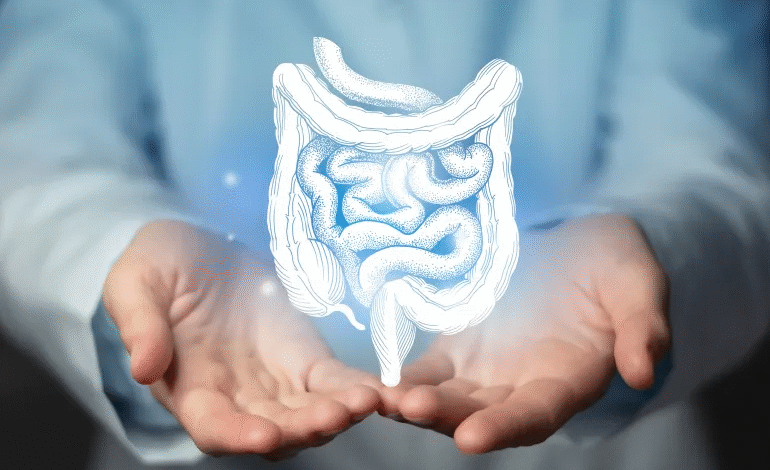Canadian Scientists Discover Novel Way to Control Blood Sugar and Reduce Liver Damage

A team of Canadian researchers has developed an innovative method to improve blood sugar levels and reduce liver damage by capturing compounds produced by gut bacteria before they enter the body and cause harm.
This breakthrough could pave the way for new treatments for metabolic disorders such as type 2 diabetes and fatty liver disease.
The study was conducted by scientists from McMaster University, Université Laval, and the University of Ottawa, and was published in Cell Metabolism on July 29, with coverage by EurekAlert.
Microbial Molecule Linked to Higher Sugar and Fat Levels
The researchers discovered that a molecule produced by gut microbes can enter the bloodstream and fuel the liver to produce more glucose and fat.
They observed significant improvements in blood sugar control and fatty liver disease in obese mice when they developed a method to trap this molecule in the gut before it entered the body.
Jonathan Schertzer, co-author of the study and professor of biochemistry and biomedical sciences at McMaster University, described the finding as a “new development in traditional metabolic pathways”, adding:
“For nearly a century, we have known that muscles and the liver exchange lactate in what is called the Cori cycle. What we discovered is a new branch of this cycle, where gut bacteria also participate in energy exchange.”
The Cori Cycle and Its Role in the Discovery
The Cori cycle, for which Carl Ferdinand Cori and Gerty Theresa Cori received the Nobel Prize in Physiology or Medicine in 1947, describes how muscle-produced lactate fuels the liver to produce glucose, which then supports muscle energy needs.
The Canadian team found that obese mice — and even humans with obesity — have higher levels of a lesser-known molecule called D-lactate. Unlike the more common L-lactate, most D-lactate is produced by gut microbes and has been shown to raise blood sugar and liver fat more aggressively.
A Gut-Based Trap Prevents Damage
The researchers developed a gut-safe, biodegradable polymer that binds D-lactate in the intestine, preventing its absorption into the bloodstream.
Mice fed this polymer showed lower blood glucose levels, improved insulin sensitivity, and reduced liver inflammation and fibrosis, all without changing their diet or body weight.
Schertzer emphasized:
“This is a completely new way to think about treating metabolic diseases such as type 2 diabetes and fatty liver disease. Instead of targeting hormones or the liver directly, we intercept the microbial fuel before it can cause harm.”








